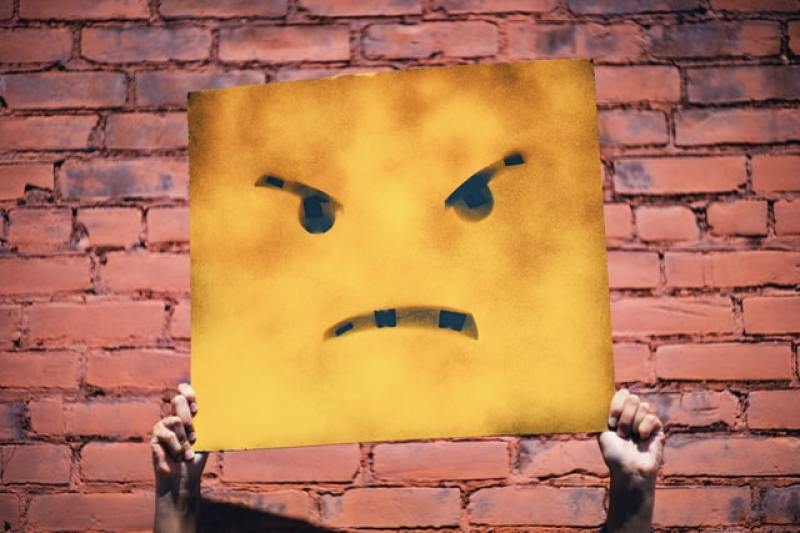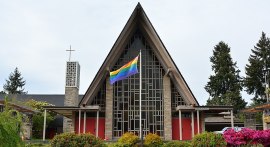
The Massachusetts Executive Office of Public Safety and Security released on Friday a report that showed a total of 385 hate crimes were reported in 2020, a slight increase from the 376 cases reported a year earlier.
The Associated Press highlighted that the reported showed Boston recorded the highest number of hate crimes in the state at 121. Ironically, this was a decline in the number of cases Boston recorded for 2019 at 170.
Following Boston, the cities and towns that reported ten or more incidents of hate crimes are Westwood (10); Chelmsford, Medford and Somerville (11); Lynn and Quincy (14); Cambridge (15); and Springfield (16).
Hate crimes were approximately reported at 500 annually between 2000 and 2002 in Massachusetts. This declined to an average of 360 cases annually for 2003 to 2018, which remained consistent.
Hate crimes are "any criminal act" done out of "a bias motive" that could be due to "race, religion, ethnicity, people with disabilities, gender, or sexual orientation." Hate crimes are often reported as part of a "separate criminal violation" and never as a "stand-alone offense."
The Massachusetts Executive Office of Public Safety and Security report detailed that 33% of the cases of hate crime involved vandalism and property destruction or damage, which often is graffiti. The incidents range from simple to "aggravated assault" that account to 30% of the "underlying crimes." The report also identified the types of cases the hate crimes were often against. Race is the number one factor that spurred the hate crimes followed by religion.
"In 2020, as in past years, prejudice against race, ethnicity or national origin was the most widely reported bias motivation representing more than 66% of the total, up from about 51% in 2019. Bias against religious groups was the second most frequent motivation accounting for nearly 16% of the total--down from 24% in 2019. Sexual orientation bias was third with more than 14%, down from nearly 22% in 2019," the report said.
In terms of victims, hate crimes were more commonly directed towards men at 52% than on women at 47%. While offenders were similarly a majority were men at 78% and rarely women at 22%.
Hate crimes, as to ethnicity, were often perpetrated by White people at around 77% of instances, which is almost a 54% increase to 2019's. A majority of victims were also white people at 77%. Black people comprised 24% of victims and 22% of offenders. The number of Black victims have declined from the 38% recorded in 2019.
"While only 24% of victims were listed as Black, more than 40% of the hate crimes were reported as anti-Black. In many of the anti-Black incidents, the race of the victim was not entered, in others, the race was listed as white. This may be due to the large number of incidents stemming from the theft or destruction of Black Lives Matter signs and flags," the report said.
Massachusetts Governor Charlie Baker announced on Friday efforts to "combat hate crimes" through the proclamation he signed on antisemitism. The proclamation is an update on the International Holocaust Remembrance Alliance definition of antisemitism.
Baker has earlier signed a bill that created a hate crimes task force in the state. The task force is charge in giving state leaders advise on hate crimes related issues.
"There is no place for hate or discrimination in Massachusetts, and our administration is proud to work with community and faith leaders, law enforcement and others to combat hate crimes and ensure the Commonwealth remains a welcoming community to everyone," Baker said.



















